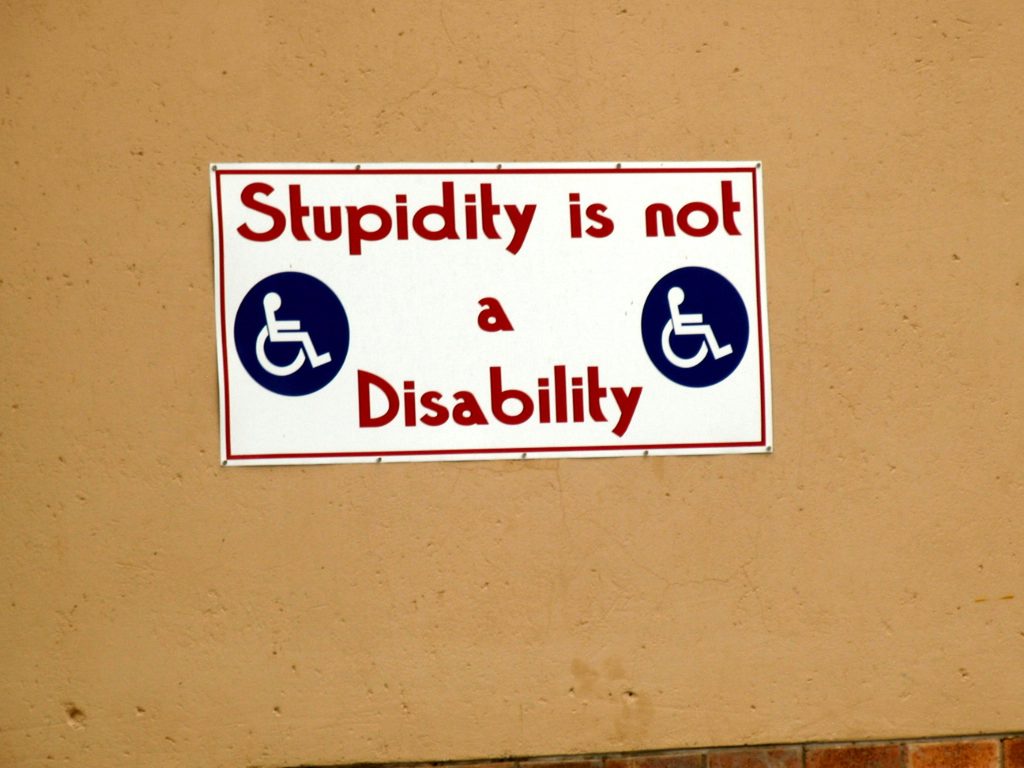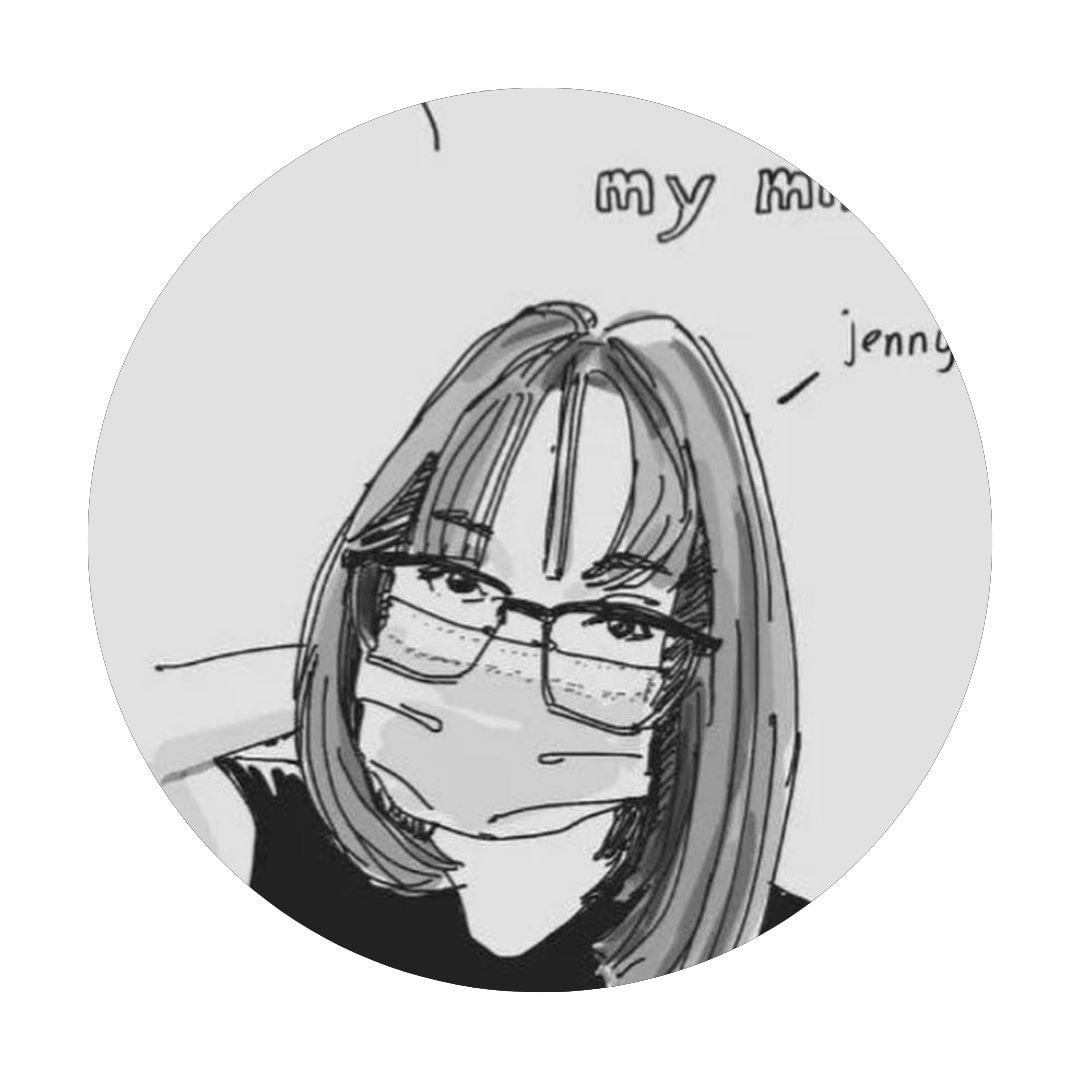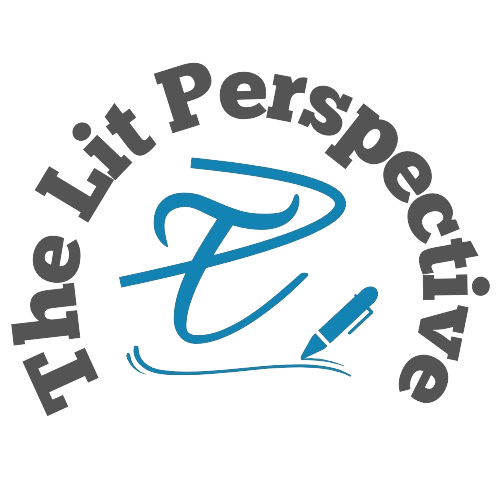TheLitPerspective is your one-stop shop for everything that ignites the spark of curiosity within you.
A Day in the Life of People Living with Hidden Disabilities

Photo by R. du Plessis on Unsplash
It’s easy for us to look at a person in a wheelchair and be like, “They are disabled.” But what about those disabilities we can’t see with our own eyes?
People living with hidden disabilities also struggle on a day-to-day basis; we don’t know it – or we refuse to. Until we understand that disability is unique in millions of ways, we’ll never come to the collective agreement that, yes, hidden disabilities exist. Discrimination against people with hidden disabilities still persists to this day.
It’s often so hard for these people to prove that they are disabled, which is one of the harsher realities of their lives. Just because they walk normally or are conscious and breathing like an average human doesn’t mean they don’t suffer as much. Conditions such as chronic pain, mental health challenges, cognitive impairments, and neurological disorders, not to mention autoimmune diseases, affect their quality of life forever. These life-altering challenges are worth discussing because they illustrate that our work towards an inclusive and empathetic society is far from over.
The Struggle of People Living with Hidden Disabilities
When you think of a ‘disabled person,’ most of the time, you picture someone who can barely move or get up; or someone who needs intensive and personal care from another to get by; or someone who is obviously blind. However, that’s not the case for some people living with hidden disabilities.
Everyday, they must deal with people who are ignorant or in denial about their disability. For example, there are stories of PWDs being harassed all because they “look fine” or “can walk.” It’s a very upsetting situation, which can escalate if not taken care of. This is an instance that should never happen to any disabled person, no matter what state they’re in. It’s one of their long-time frustrations to suffer without visible cues to indicate distress.
Those skeletal braces, surgical scars, heart rate monitors, etc., are all kept out of sight. For the disabled person, having to see the proof of one’s disability out in the open is enough to bring their self-esteem down. Openly disabled people are often stigmatized; the ones who hide it well are caught between a societal rock and a hard place, not being acknowledged for being slightly different, even though they are.
Why should they have to prove themselves?
No one, as in no one, has to constantly prove their disability to anyone.
First, we need to have enough discernment to filter out ignorance and malice, particularly when people make comments about hidden disabilities. From the moment these people have been diagnosed, their lives are altered forever. Years of chronic pain and struggle and baffled doctors lead to life-changing moments that are out of their control.
It’s just sad how, even in this day and age, people living with hidden disabilities still have to convince others that their experience is real. To some who are living ignorantly, their idea that a disabled person should be utterly visible, brings out their backhanded sympathy. They will never believe the truth until it’s right before them.
Having to negotiate the reality of being disabled and then fight for limited benefits that should’ve been given to them all along is tiring. Years of enduring scrutiny and isolation lead them to accept that this is a lifelong reality – though it doesn’t have to be. Keep in mind that being curious about their condition is okay. But how you act upon it will determine whether your curiosity is genuine or malicious.
Some disabled people will tell you that they have been catered to special seats in public transportation. Other stories, like the heartfelt memoir of a blind person, can even shed light on the matter. Moreover, this invites unsolicited stares about how their limbs are pretty much intact, followed by commentaries about how to deal with such disabilities. No, that shouldn’t even happen in the first place because it is probably discriminatory, and resurfaces insecurities and trauma they experienced while growing up.
That’s not even the worst part – family, friends, and acquaintances find it hard to understand people living with hidden disabilities. Pain is often delivered by people they know, which can hurt more than getting it from strangers.
Raising Awareness for People Living with Invisible Disabilities
Let us redefine what ‘disability’ really means:
- Any condition of the body or mind which is impaired
- A person having difficulty doing certain activities or having normal interactions
The government’s definition of disability may be more detailed, but one thing is clear. We should extend genuine empathy to people living with hidden disabilities. They are unseen for a reason, but that is not justification to act rudely and invalidate their life. Raising awareness isn’t just about being active in organizations or making donations. Acting with compassion on the basis of awareness means a lot more to people with disabilities than you might think.
Now that you have been informed about their experiences and how to refrain from judgment until you know the facts, will you choose kindness? Of course you will. You are a decent human being.

Hello! Do you like art? Cats? Manga and anime? Perhaps a chill rainy afternoon? You are very welcome to my world!







